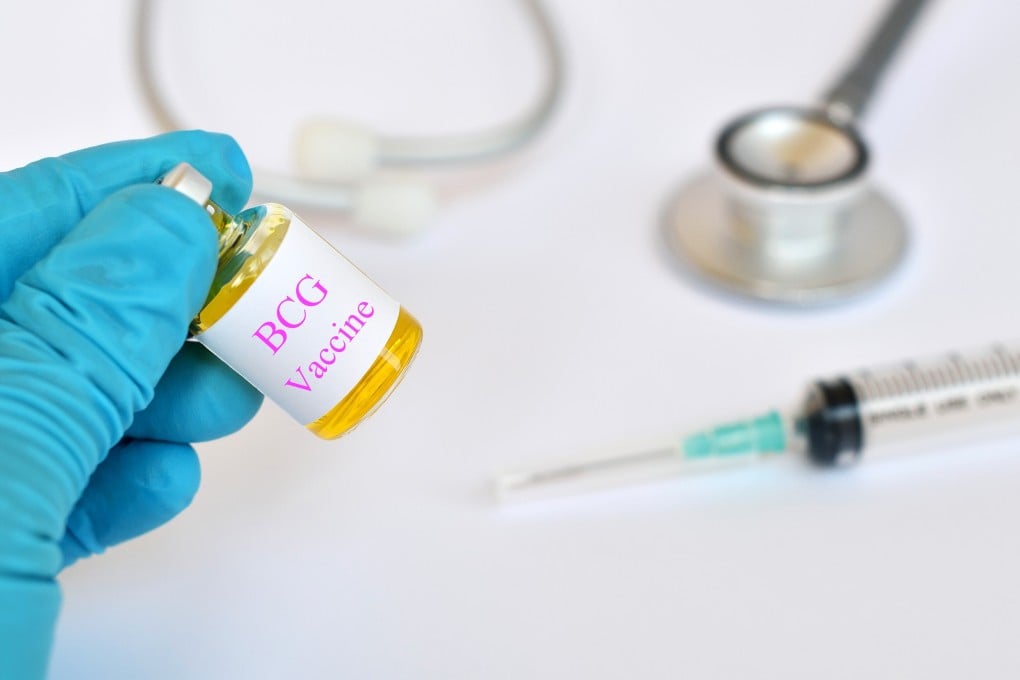Advertisement
Could BCG and other existing vaccines help fight Covid-19? Researchers are trying to find out
- Correlation between mass vaccination programmes and coronavirus statistics is promising but needs further investigation
- Vaccines against tuberculosis, polio and rubella are all being studied as potential weapons in pandemic
Reading Time:5 minutes
Why you can trust SCMP

Since identification of the new coronavirus in early January, scientists in universities and drug companies have been racing to develop a vaccine, with about 115 different candidates now in various stages of trials, according to Nature.com.
But other researchers have taken a different tack, looking at existing vaccines developed for other infections to see if they might help the body’s immune system fight the disease now known as Covid-19.
One that has attracted attention and several studies was developed about 100 years ago as a vaccine against tuberculosis.
Advertisement
It’s known as BCG, short for Bacillus Calmette-Guérin, and some research indicates that countries that gave BCG to citizens in public inoculation programmes are reporting lower numbers of Covid-19 infections and deaths.
The World Health Organisation and some scientists have cautioned that more evidence is needed to support this theory. However, the urgency forced by the pandemic and positive preliminary findings have encouraged researchers to pursue more trials.
Advertisement
One study that showed a correlation between BCG vaccination and the incidence and fatality rates of Covid-19 was done by a team of infectious disease researchers and urologists from Ireland and the United States.
Advertisement
Select Voice
Select Speed
1.00x